By Dr. Bimal K. Bose
In the busy and ambitious goal of my life in power electronics, I was thrown into my first job as an engineer in a hydro electric power company in Nepal Terai Jungle for six months. This was possibly the world’s most remote area which was cut off from the human civilization. It was the darkest period of my life. However, in this solitary confinement, I could explore the immense potentiality of mind that fired me with the goal of ambitious forward journey in life. One fine morning, I mustered all my strength to flee from the place with immense courage and risk in life. Now, sitting in my sixth floor office of Min Kao Building of the University of Tennessee with a panoramic view of the Tennessee River and the Smoky Mountain in the background, it appears like a bad dream of life with immense ordeal.
I was completing my prestigious post-graduate Government of India training in Tata Hydro Electric Power Co. (June 1956 – January 1958) in Bombay (now Mumbai) for 18 months, and was desperately looking for a job. In spite of my First Class degree from the historically renowned Shibpur B. E. College (now Indian Institute of Engineering Science and Technology (IIEST)), I had immense difficulty to get a regular job, and was practically rejected from everywhere. I belonged to the prestigious group of Govt. of India trainees and was proud of my achievement. All my friends landed in comfortable jobs, but I was left alone in spite of my brilliant academic career. Why? Is it because I am from another state, or did not have any connection or influence from anywhere?
Desperately searching for jobs, I found a Statesman newspaper advertisement for a job opening in a hydro electric power company in Jogbani, Bihar. Since I was desperate for the job, I accepted it without any interview and without looking into the place of employment (my lack of experience). The salary was Rs. 325.00 ($56.00) per month tax free with rice allowance. I accepted the job and prepared to join on January 5, 1958. The Director of the small Morang Hydro Electric Company promised to meet me in the railway station of Jogbani. The long train journey from Bombay lasted for one and a half days with an overnight stop in Katihar railway station in Bihar. I had to sleep in the cold night of January 4 on a bench in Katihar railway station. However, my heart was beaming with joy because I had a good job now with good salary. I arrived in Jogbani station in the evening January 5 with tremendous exhaustion. The Director of the company was waiting for me in the railway station to meet me.
As I was moving in the jeep in midnight, soon I discovered that I was crossing the India-Nepal border, and my place of employment was not in India, but in Nepal. What a great blunder I made in my life and started praying to God for the consequences of the wrong decision! I thought of returning back immediately, but considering potential problem, I kept my emotion in check. I came to the industrial town of Biratnagar and was approaching the house of Mr. Chatterjee who was the diesel-generator operator of the company. I was supposed to stay in his house for the initial period of a few days. The company headquarter (a small two-storied building) was a short walking distance from the Chatterjee’s house, where I attended the office everyday with a lot of suspense and sad heart. The Director was an aged Nepali engineer with B.E. degree and ran the company single-handedly. I was supposed to take meals in his house everyday. He was an orthodox Nepali Brahmin and a vegetarian. He was rich, and busy all the time with Pujas. The company basically consisted of a mini hydro power station along with a standby diesel generator to supply power to a jute mill in Biratnagar along with commercial and residential customers in Biratnagar. I lived in Biratnagar for around 15 days to have some hands-on experience of the company. I soon discovered that my place of employment was not in Biratnagar, but in Sikarbas hydro power station which was located remotely in the dense Terai Jungle of Nepal. Chatterjee started telling me all the horror stories of Sikarbas which brought tremendous fear in my mind. Why God is punishing me like this? However, being adventurous in life, I was curious to see the end of it.
One fine morning, myself, Mr. Chatterjee, the Director and a few crew members started for Sikarbas near the Himalayan mountain and arrived there in the evening after crossing the deep Terai jungle and a small mountain village of Latang. Most of the journey was in unpaved road of deep and dark jungle and was at a far distance away from the human civilization, and practically there was no communication.
Sikarbas was a small jungle village on a river and was surrounded by a majestic mountain

Fig. 1. Mountains and river near Sikarbas power house in Nepal
range connected with Himalayas. It was a different world away from the civilized human world. My residence in Sikarbas was a single room with a kitchen right on the bank of river and at a short distance away from the Sikarbas power house. I could see from my residence a large pipeline coming down the slope of a mountain. The pipe brought water from the mountain and fed to a turbine (Pelton wheel) of hydro electric generator to generate electricity, and discharged the tail water to a river. There was a spare generator in case the main generator gave any problem. The mountain water was collected in a large tank on the hill that was fed by a large number of open drains criss-crossing the mountain. The tank then fed the sloping pipeline for hydro power generation. The project was a civil engineering marvel which was difficult to believe in such a remote area. Any mudslide or large stone slab could destroy the segments of the open drain network. A team of Nepali workers supervised the drain network on 24-hour basis to maintain reliability of water supply for power generation. Once, I had the opportunity to inspect the whole open drain system on the mountain. Walking along the whole water route on the steep hill slope with the company of Nepali workers was a thrilling experience. Occasionally, after a big storm and heavy rainfall, the drain network breaks interrupting power generation for several days. Often, after a storm, a large amount of leaves will flow with the water that will clog the turbine nozzle and shut down the turbine. This was a very serious problem. Once, I had to stay in the power house for the whole night and assist removal of leaves from the turbine nozzle so that the power supply could be restored in the morning.
Kalu, a Nepali worker, was assigned to work in my house who also cooked food for me. I could easily communicate with everybody in Hindi language which was close to Nepali. Nathuram was my colleague and assistant in the power house who welcomed me with courtesy and a gift, and Dwarikaman was a very obedient junior assistant in the power house who was very friendly and liked me very much. There were five or six other workers in the small power house, but I noticed one bad-tempered person named Sadhu. The river water was very clean and drinkable, and there was a lot of fish. I could almost catch fish with my hands. Almost every day, Nepali workers will catch fish and bring to me as gift. Being a Bengali, I used to enjoy fish curry every day. The Sikarbas with the surrounding mountain range was like heaven to me. Often, I would walk alone in the jungle road with mind inspired by spiritual feelings. This was a place of eternal peace and tranquility.
The company had an antique telephone line between the powerhouse with the head office. When calling somebody, you have to rotate a handle which gives ring in the whole system and everybody picks up the phone. It was a tremendous annoyance in the powerhouse. The Director’s son-in-law Kishorbaijee (uneducated person) was the acting director whom we had to report the powerhouse condition every day. Darikaman did this job regularly. For all practical purposes, Kishorbaijee was our real boss who used to keep keen eyes on everybody since the Director was busy for whole day with Pujas. This made me extremely uncomfortable. I could not have any direct communication with the head office.
Latang, the small nearby village, had a weekly bazzar where people from nearby mountains used to assemble to buy and sell commodities, like fish, meat, vegetables and local ghee (made from butter). I noticed that instead of money, “namak” or salt was the medium for buying and selling. Once I wanted to buy ghee with money, but was not successful. My Sikarbas residence was on the lap of the mountain range, and it was the popular overnight halt for Nepalese traveling to Latang bazzar from their mountain residences. They will assemble on my open veranda and gossip the whole night causing difficulty in my sleep. Occasionally, they would knock on my door making me very nervous. Once they entered my bedroom in a cold mid-night demanding food and asking to stay in my room. There was nothing I could do to prevent this intrusion.

Fig.2. Latang village with surrounding mountains
I was totally cut off from the human civilization. My mail will come once a week from the head office through a courier, where it was checked thoroughly. I did not have any privacy. Soon, I found that Nathuram is colluding against me. He took away the small gift he gave me in the beginning and began to spread bad rumors against me to everybody poisoning the whole atmosphere. Soon, these rumors began to flow to the head office. I could not do anything because I had rarely any communication with the head office. Occasionally, I would go to Latang with Kalu to do some grocery shopping, but money was not useful because nobody will accept it. Everybody was asking for namak as the exchange medium. Latang had a small unit of our company for maintenance purposes. Once I got strange news while in Latang. One of my employee’s wife had been stolen from Latang Bazar while selling vegetables and he reported that he was not able to attend his duty.
Nepalese were very obedient and law-abiding people and would give their life for their masters. I understand the reason why British Military still maintains the Gurkha Regiment with Nepali soldiers. However, I noticed that a Nepali employee becomes totally unbalanced when angry and would kill a person in the fury. Once, I had an occasion like this. I became the target of a fury of Sadhu for giving a wrong order, and it took five persons to pacify his anger. I had to be extremely careful in handling these people whom I did not know well. There was Madhu who was sitting by the generator and regulating the voltage by manually controlling the excitation current. Once the generator voltage almost collapsed by sudden loading of the generator and delay of manual excitation control. I gradually replaced the manual control with a close-loop control, but the Director did not like it and we had to go back to the crude manual control. As I mentioned before, the powerhouse was shut down whenever there was a storm interrupting the water supply or choking the turbine nozzles with leaves. The Biratnagar jute mill which was the main bulk customer will often remain closed for days. Chatterjee was always ready to start the diesel generator in Biratnagar which could only supply the emergency power.
My days were passing in loneliness and I could read a few books again and again which I brought with me. There was no radio and newspaper, and I was totally cut off from the civilization. My private correspondence with family members was not even possible because all my letters were censored in the head office. There was no way I could apply for jobs outside. Sikarbas was a lonely prison house for me. After some time, I got approval to get weekly newspaper delivery which was a great relief for me. What will happen to me if I get sick? There was no doctor or health care facility in the nearby areas. My days were passing gradually. I became tremendously anxious about my future career. Is this the end of my life? What to do in this prison life?
Gradually, I lost total communication with the head office and the Director who brought me here. Kishorbaijee only hears about me from Dwarikaman and Nathuram which often contains distorted news which I did not like. I became extremely uncomfortable. Is this the ultimate fate of a B.E.College engineer with first class degree who cherished so much ambition in life?
After about four months, local people were talking about the rainy season which starts at the end of June. Dwarikaman will tell me stories that in the rainy season the whole area gets flooded by swelling of the river due to mountain water. In the rainy season, hundreds of people die by Malaria due to lack of treatment and the communication totally collapses. I never thought about this potential problem before. “What will you do engineer sahib in rainy season if you get sick”, Dwarikaman will often ask me. I became extremely worried. I now had the total saving of Rs. 1452.90 (Indian currency is acceptable in Nepal) in my pocket. I thought that I must resign from my job and get out of Sikarbas before the rainy season starts.
I wrote a letter of resignation privately and sent it to the Director. It was rejected immediately with the reply that a replacement must be found before considering my resignation. I thought it was impossible to find an engineer within one month who will replace me in Sikarbas. Day and night, I was thinking about how to solve this difficult problem and the solution must be made in a month. Coming from India, I was a foreigner in Nepal and did not know their regulations about foreigners. In the midst of this problem, there was a glimpse of good news. In the Statesman newspaper which I subscribed, I saw an advertisement by Govt. of India that United States Technical Cooperation Mission (TCM, which became USAID later) of India will select 35 Indian engineers for training in USA for the educational institutions of India. Because of my first class degree from a premier engineering college and Govt. of India post- graduate training in Tata Company, I thought that I would be a good candidate for this scholarship. I decided to apply, but no typewriter was available for typing my application. I wrote the application by hand enclosing a note of apology for handwriting. I advised the mail courier to mail it privately for the fear that it might be destroyed in the head office. Considering that the chance was remote, I forgot about this application completely.
One fine morning, I decided to leave Shikarbas alone to save my life and the future. I gave a small hint to Dwarikaman and asked him to look after the powerhouse in my absence. Although Nathuram was next to me in seniority, my relation with him was extremely bad and did not have any communication with him. I started walking toward Latang at a fast pace with the fear that somebody will notice and resist me. After walking some distance, I found that my money bundle of Rs. 1452.90 had fallen somewhere on the road. Since this was my only saving in life, I started walking back and found the money bundle on the road. It was indeed a great relief for me. When I arrived Latang, a person from the local office stood before me and told me that the company Director from head office wants to talk with me in phone. I became extremely nervous and thought that it was the end of any hope in my life. Obviously, somebody from Sikarbas informed the Director about my departure. I got the voice of the Director and then burst into crying like a child with tremendous emotion. The Director softened his voice, and instead of threatening me, asked me politely to come to head office and meet him. This was a great relief for me. It was almost evening after talking to the Director. My next problem was how to cover the 54 miles distance to cross the Terai jungle in the dark night and arrive Biratnagar. The road was not familiar to me, besides it was pitch dark. However, one thing made me happy that my Sikarbas departure was not resisted.
The Latang local office (who had allegiance to me) arranged a rental horse for my journey. But alas! I never had any experience of horse-ride and the whole journey was unknown to me in the dark. I must get out of the place as quickly as possible. I rode the horse with the advice of one person, but the horse started moving in the opposite direction and I fell down because of jerky movement. It is now a great problem for me. I returned back to the office and asked for their help. After waiting an hour, I got good news that a truck would soon leave for Biratnagar with a load of jungle woods, and they could find a seat for me in the driver’s cabin. Again, there was no charge for this ride. This was a great news for me. The truck moved for about three hours in the night and finally arrived Biratnagar in early morning. They also offered some food to me. The driver was kind enough to drop me to Chatterjee’s house.
Immediately on arrival, I walked to the Director’s office and met him. I was surprised that instead of rebuking me, he welcomed me with a smile, praised my service in Sikarbas and wished me good for my future life. He also settled my dues for the Provident Fund. I said goodbye to him for ending such a formidable chapter in my life with a pleasant end.
I traveled back to Kolkata by train with a heart full of joy and new hope in life. The problem was how to start my next phase of life. I landed in a Kolkata hotel at Amherst Street. I returned to B.E.College and applied for a Demonstrator’s position in the EE Dept. with a salary of Rs.310/month. The College Principal A.C.Roy with the recommendation of EE Department Head Prof. S. N. Ray approved it. Prof. Ray was my former teacher and used to love me.
Very soon, with a total surprise, I got a letter from New Delhi inviting me for an interview for TCM scholarship. First, a Bengali officer in the department chided me for hand-written application for Govt. of India scholarship. He was very kind to type the whole application for me and submitted to the interview committee.
I returned to B. E. College and soon came to know with total surprise that I was selected for the TCM scholarship in this all-India competition, and was placed in the University of Wisconsin, Madison for my higher education. It was exciting news for me. The Principal and Prof. Ray asked me to sign papers to join B.E.College as a faculty member after completion of my U. S. study. These were the triumphant days of my life. My prestige in society shot up because of my American scholarship and the forthcoming U. S. journey for higher education. Besides, I was an engineer from the prestigious Shibpur BE college. This was the beginning of a new chapter in my life.
Editor’s note:
Dr. Bose (bbose@utk.edu) is currently Emeritus Chair Professor of Electrical Engineering in the University of Tennessee, Knoxville (http://en.wikipedia.org/wiki/Bimal_Kumar_Bose). He is a recipient of a number of awards that include Member of U.S. National Academy of Engineering, Honorary D.Sc. degree from the President of India, IEEE Lamme Gold Medal, IEEE Newell Award, IEEE Millennium Medal, IEEE IES Mittelmann Award (for Life Time Achievement), IEEE IAS Outstanding Achievement Award, IEEE Life Fellow, etc.


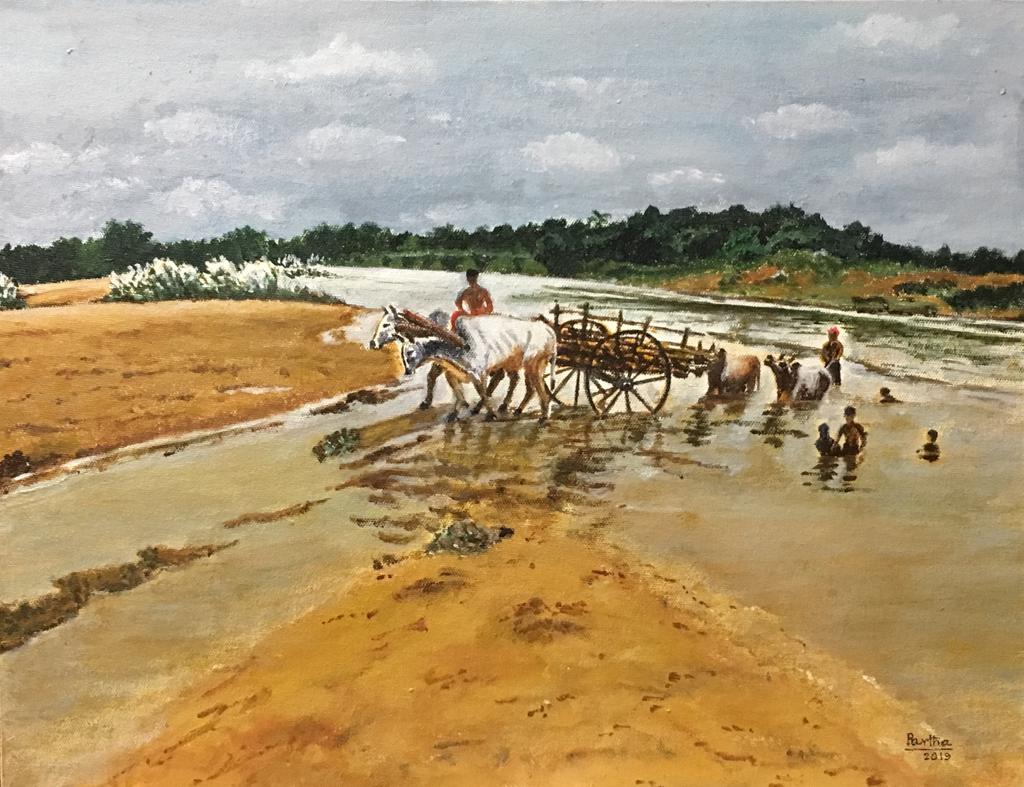

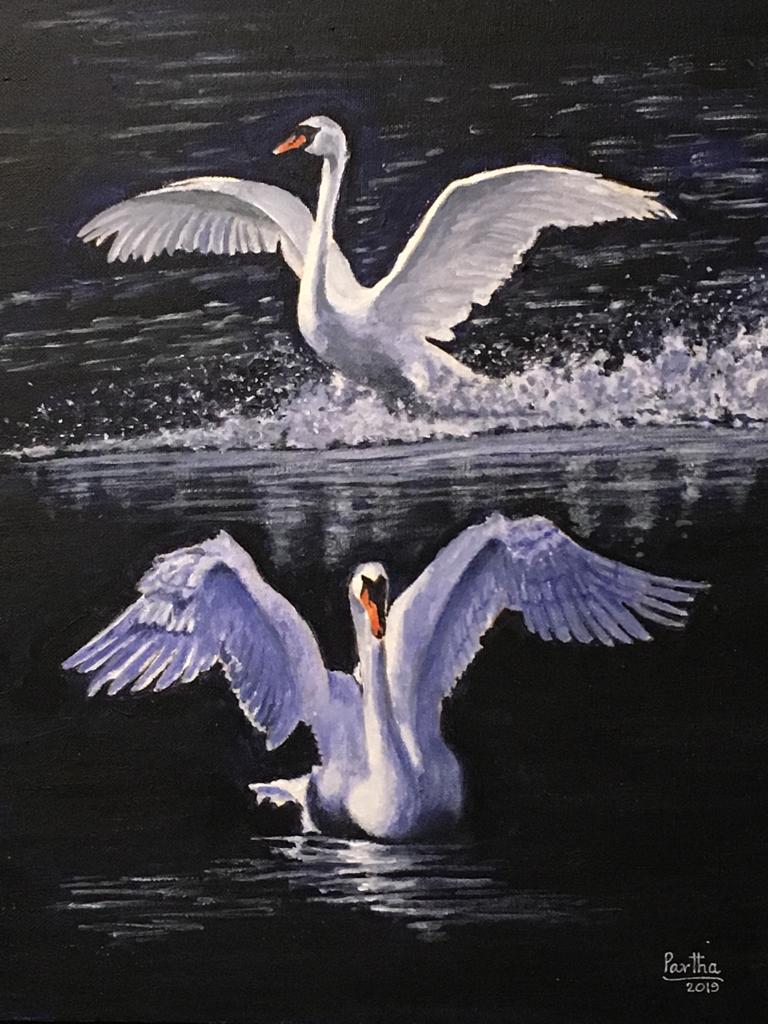
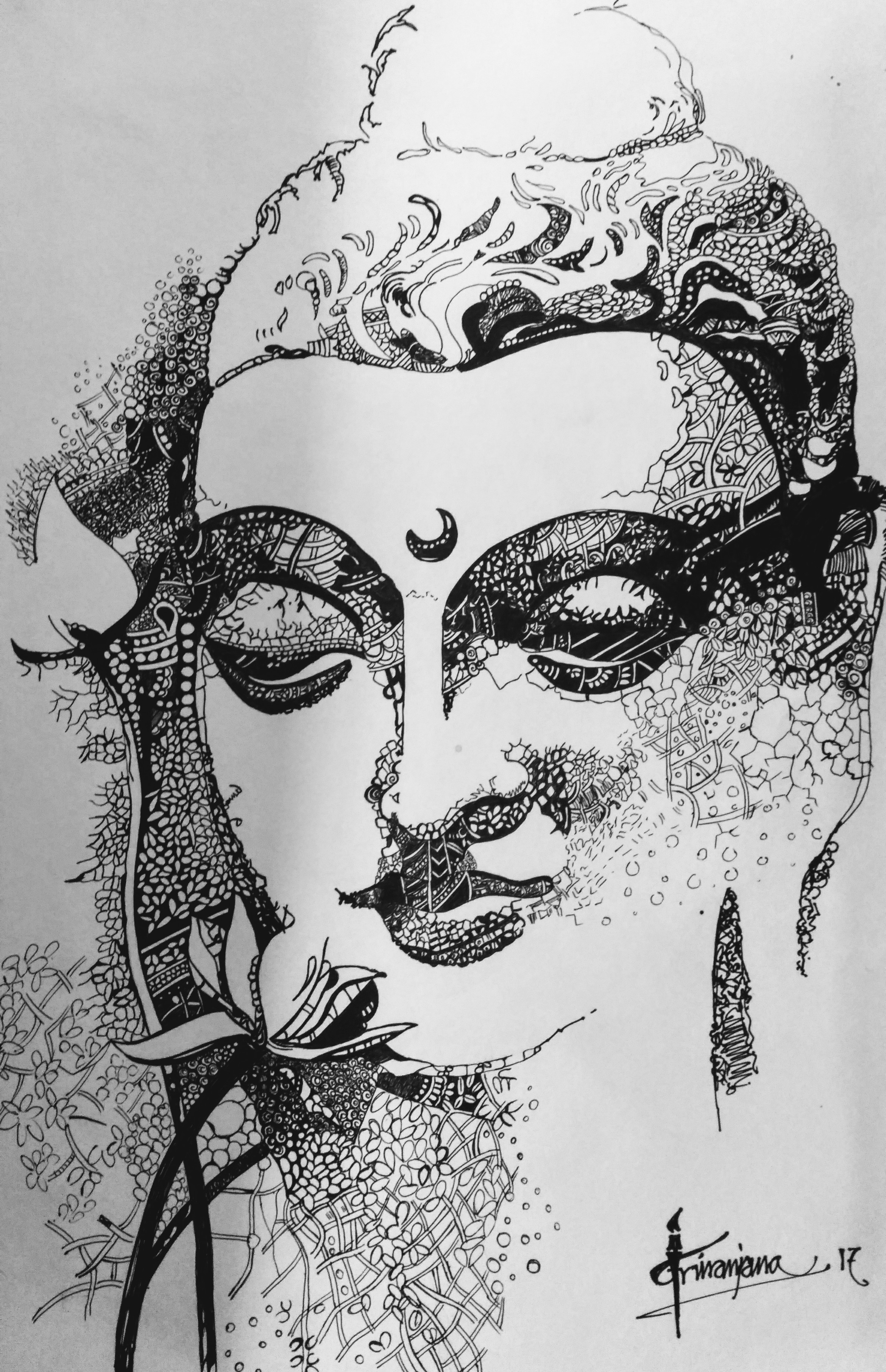


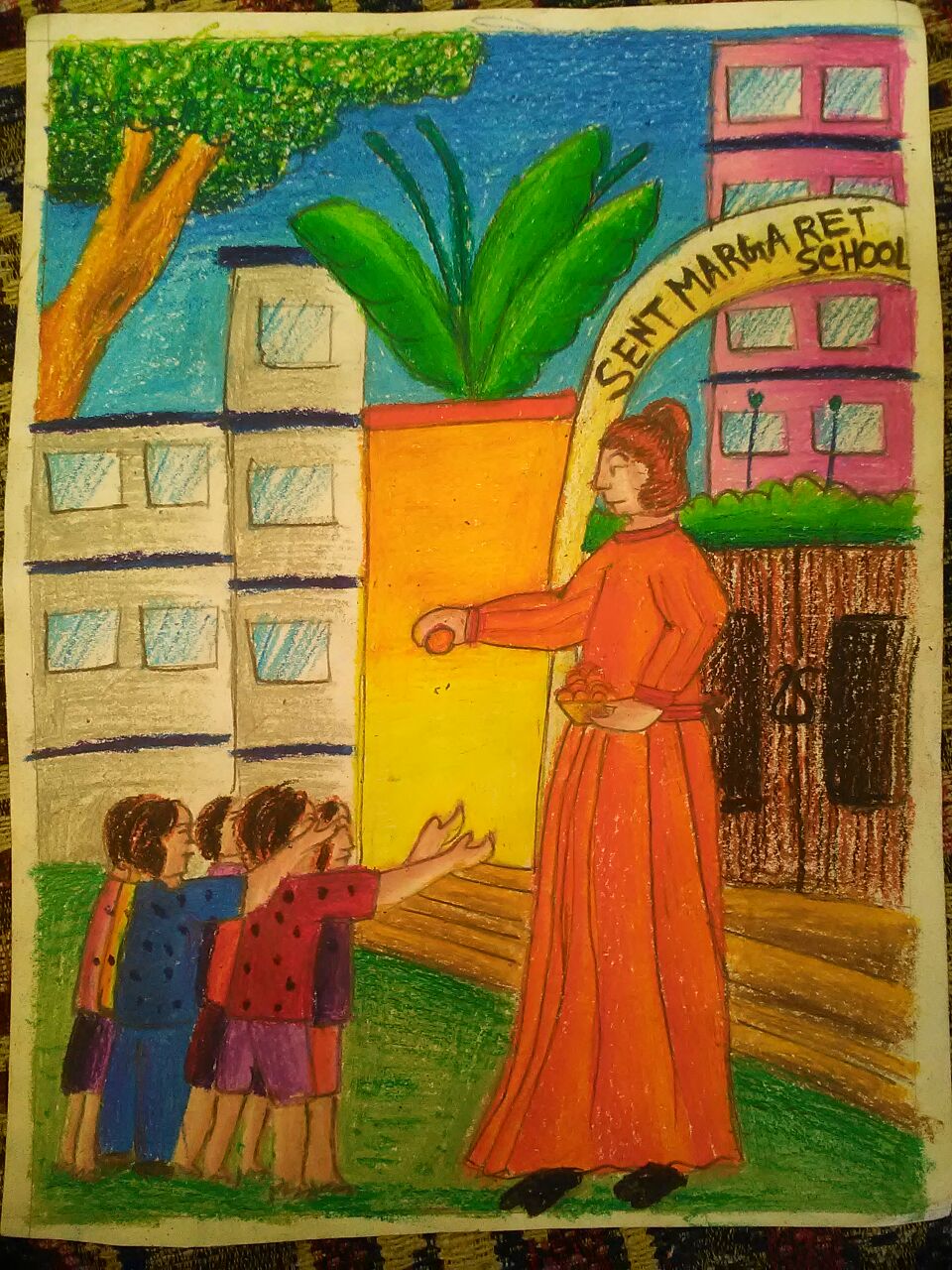





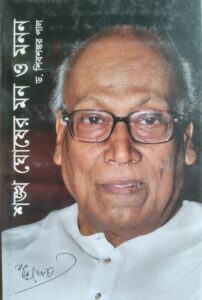

Comments »
No comments yet.
RSS feed for comments on this post. TrackBack URL
Leave a comment